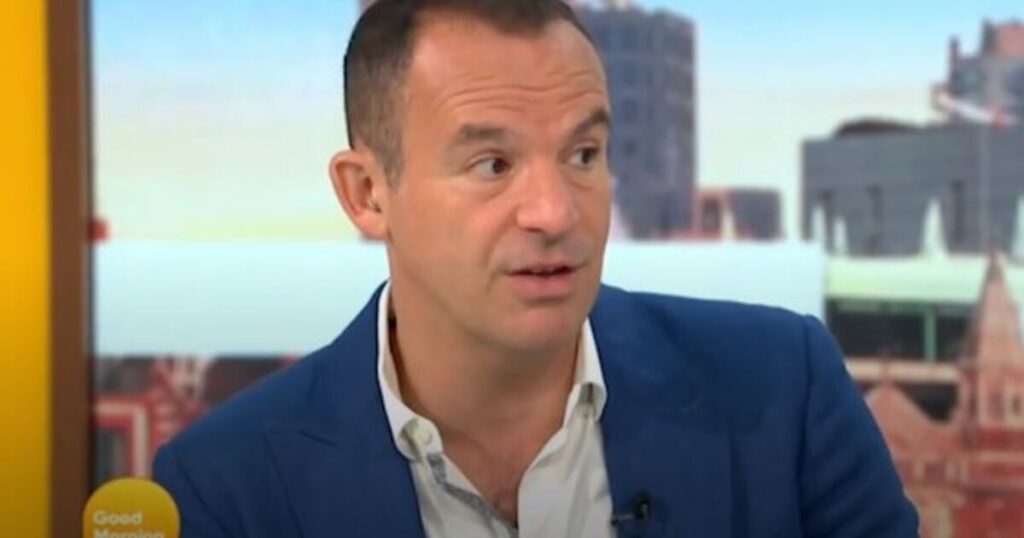
Martin Lewis is encouraging savers to think about making the best use of their money by prioritising sorting debt over building up savings.
Writing on his MoneySavingExpert site, he pointed out that many people may be overspending due to misplaced priorities. Those who carry credit card debt while also trying to grow their savings could find themselves in a larger overall deficit than necessary -with a couple of exceptions.
This situation arises primarily because the interest paid on credit cards often exceeds the earnings from savings accounts. This is due to credit cards typically having a higher APR compared to the returns offered by banks on savings accounts.
Martin illustrates this with an example: £1,000 in savings with a generous 5% interest yields only £50 over a year, whereas credit card debt at 23% interest costs £230 for the same amount. Moreover, if one has both savings and debt with the same bank, they’re essentially borrowing their own money at a higher cost.
What to focus on first
For those with more debt than savings, the advice is to prioritise paying off the debt using your savings. Martin emphasised that people should focus first on their most expensive debts to reduce overall costs.
The rationale behind using your savings to clear substantial debts is that if you deplete your savings for other purposes, you’ll still be obliged to settle your debts and could end up significantly worse off. Citizens Advice also recommends prioritising debts that could lead to serious issues if left unresolved.
They point out that credit card debts are not typically classified as ‘priority’ debts since the repercussions of non-payment are less severe than other debts. If you have savings and other debts, it’s advisable to concentrate on settling the most critical ones first.
Citizens Advice lists the following as examples of serious debts:
- Mortgage arrears
- Council tax arrears
- Unpaid VAT
- Phone or broadband bills
- TV Licence
- Overpaid tax credits
- Rent arrears
- Payments on goods made through hire purchase
- Secured loan arrears
- Unpaid National Insurance
- Energy bills
- Court fines
- Unpaid child maintenance
- Unpaid income tax
Bear in mind that if you have significant credit card debt and fail to repay it as agreed, you could face legal action where you can be compelled to pay it back.
When it’s not advisable to use your savings to clear debt
Martin explained that this guidance assumes that an individual’s debt costs considerably outweigh the potential gains from their savings. However, there may be instances where debts are actually less costly than the returns on savings, making it unwise to use those funds to settle the debt.
This is typically the case when a person’s debt carries minimal or no interest, particularly in comparison to their savings. With prudent money management, one could potentially profit by contributing to their savings while maintaining the status quo with their debt.
Moreover, people with certain loans or mortgages might be tied into the debt. This means that settling it in full could trigger a penalty, in which case, it would be advisable to wait until the penalty is small enough not to significantly dent your overall finances.
If you’re grappling with debt and uncertain about how to navigate it, it could be beneficial to seek professional financial advice. Additional guidance on managing your debts can be accessed via Citizens Advice.
 Latest World Breaking News Online News Portal
Latest World Breaking News Online News Portal






